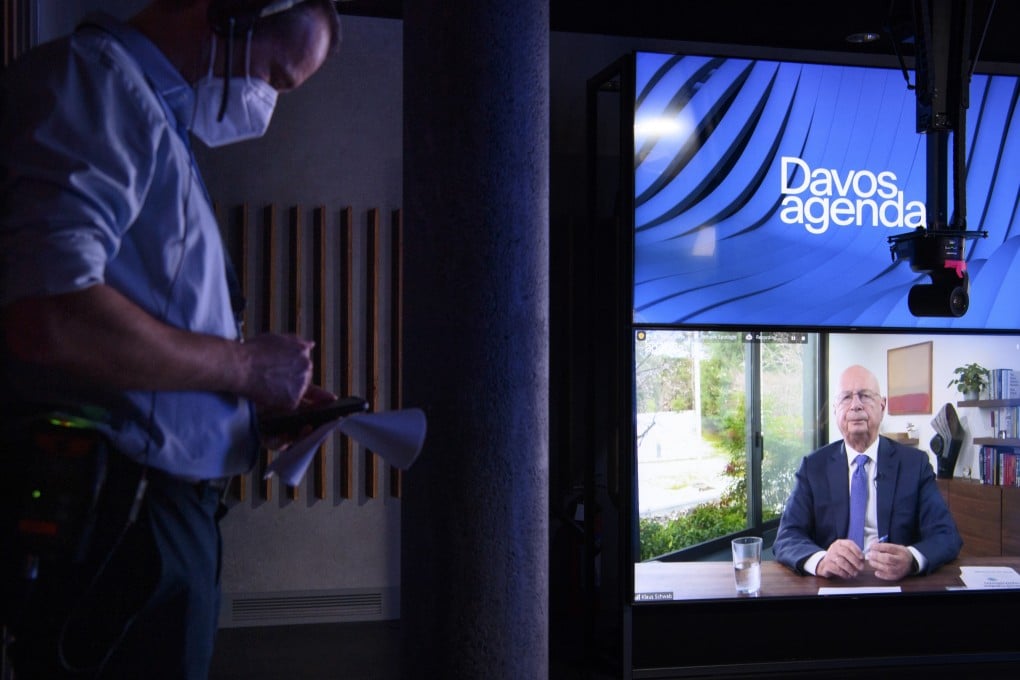China’s Xi Jinping to discuss coronavirus-era challenges with Merkel, Suga and Modi at virtual Davos
- Xi Jinping is expected to emphasise China’s success in combating the coronavirus and call for international cooperation on the pandemic and climate change
- In his last speech to the Davos forum in 2017, days before Donald Trump was sworn in as US president, Xi warned about the dangers of a trade war

Chinese President Xi Jinping will join global leaders next week at a virtual meeting organised by the World Economic Forum that will focus on the economic, environmental, social and technological challenges facing the world amid the coronavirus pandemic, the Switzerland-based institution said on Monday.
“The need to reset priorities and the urgency to reform systems have been growing stronger around the world,” Klaus Schwab, founder and executive chairman of the forum, said in a statement. “Rebuilding trust and increasing global cooperation are crucial to fostering innovative and bold solutions to stem the pandemic and drive a robust recovery.”
The Davos Agenda 2021, set to be held between January 25 and January 29, will be attended by global leaders including Indian Prime Minister Narendra Modi, Japanese Prime Minister Yoshihide Suga, French President Emmanuel Macron and German Chancellor Angela Merkel.
As the global economy has not yet walked out of the crisis, the call for international economic and financial policy coordination would also be crucial
No senior US officials have been listed as attending the event and it remains unclear if the new administration of Joe Biden will send anyone. However, the participation of Anthony Fauci, director of the US National Institute of Allergy and Infectious Diseases, has been confirmed.